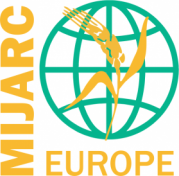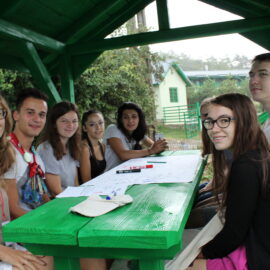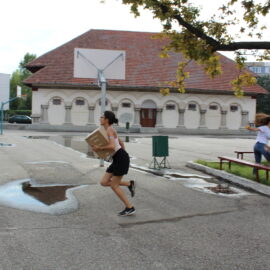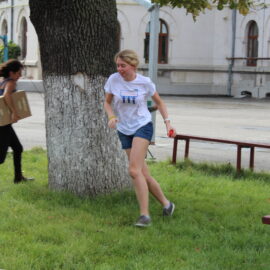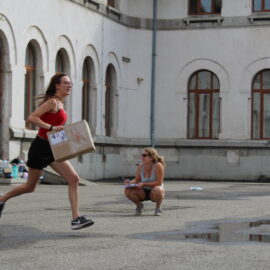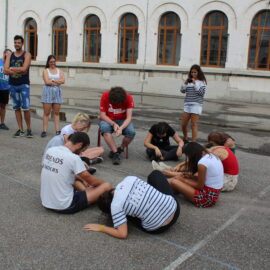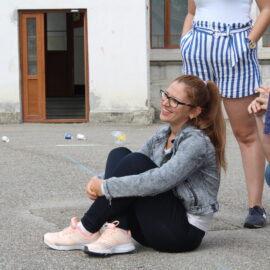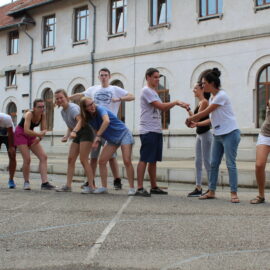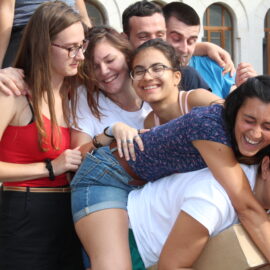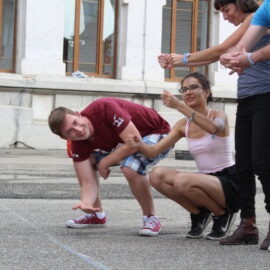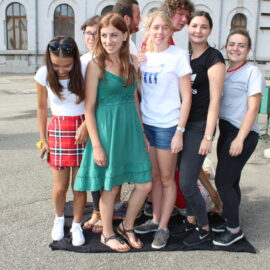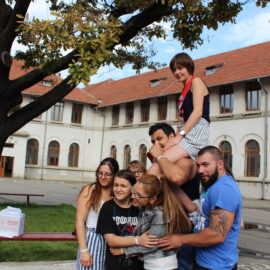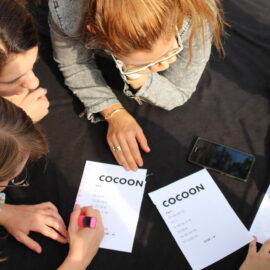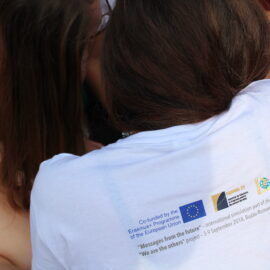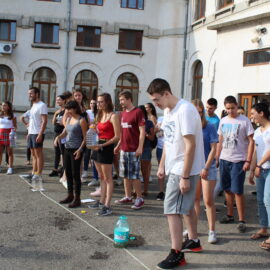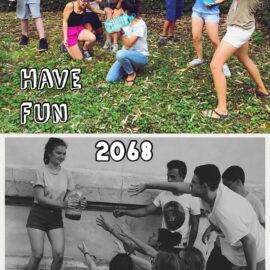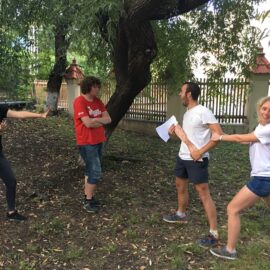 Between 4th – 8th September 2018, our member movement APSD-Agenda 21 is hosting a youth exchange on peace and conflict. The project is called “Messages from the future” and it is part of our annual work plan on 2018 “We are the others”. The youth exchange is co-financed by the ERASMUS+ Programme of the European Union. It is organized as an international simulation on four different topics which affect peace and conflict at global level: climate change, migration, gender inequality and extremism.
Between 4th – 8th September 2018, our member movement APSD-Agenda 21 is hosting a youth exchange on peace and conflict. The project is called “Messages from the future” and it is part of our annual work plan on 2018 “We are the others”. The youth exchange is co-financed by the ERASMUS+ Programme of the European Union. It is organized as an international simulation on four different topics which affect peace and conflict at global level: climate change, migration, gender inequality and extremism.
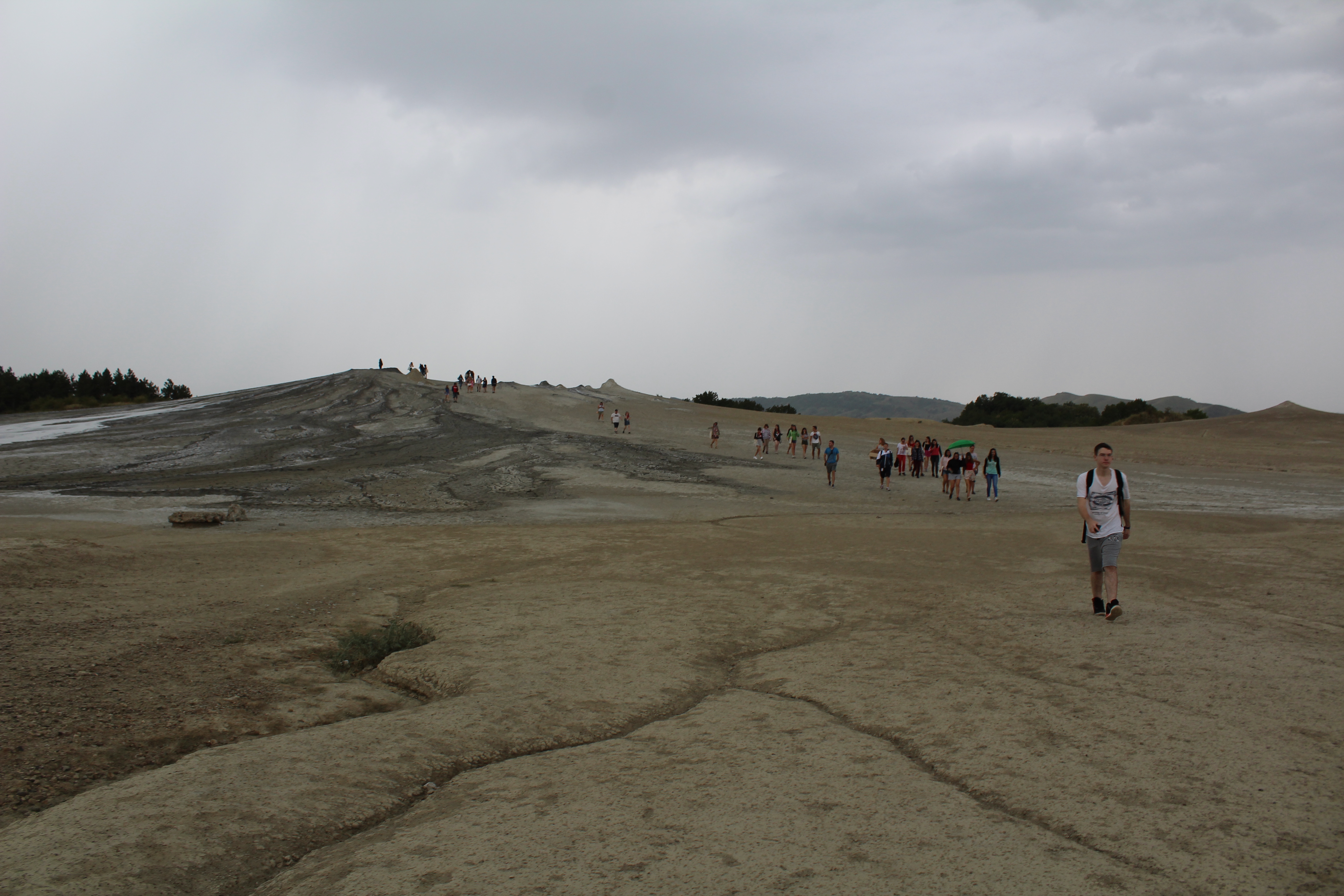 The rain tried to be the star of the second day but we managed to keep the focus on climate change, the topic of our simulation. The secret location was revealed first thing in the morning when the participants gathered next to the bus that was going to take us to the Mud Volcanoes.
The rain tried to be the star of the second day but we managed to keep the focus on climate change, the topic of our simulation. The secret location was revealed first thing in the morning when the participants gathered next to the bus that was going to take us to the Mud Volcanoes.
Unfortunately, we were able to visit the site for only 5 minutes until the rain started. It was a real thunder storm, but we continued to work divided on teams taking shelter and focusing on our learning objectives. The simulation on climate change was inspired by the game “Pacha Mama” and adapted to the context of climate change. The participants were divided in five teams, each representing a certain imaginary country, each of which had some advantages and some disadvantages. The citizens of Vital, Rassas, Activ, Cocoon and Scrib prepared their country’s identity (flag, map, how their life is) on a flip chart and introduced themselves to each other.
Then it was time for the Climate Change Olympic Games when they had to go through five games, in which they could use their advantages or see what it feels like to have less chances than the others. It was a very funny activity which challenged everybody to do their part and help their country become the victor of the games.
The next phase was very important, as it invited the participants to debrief the experience they had. This session revealed the injustice of climate change as the countries which contribute the less to the carbon dioxide emissions will be the ones most affected. It also helped the participants reflect on the different scenarios of climate change and the probabilities of each of those happening. They then connected these potential consequences to the state of global peace, realizing the strain the changes in climate would impose on countries which were already overburdened by issues such as poverty, political instability or lack of access to resources.
Finally, the participants gave a visual form to their reflections as they created photo-messages to send to young people living in the present in order to motivate them to take action so that the worst scenarios would never become reality.
